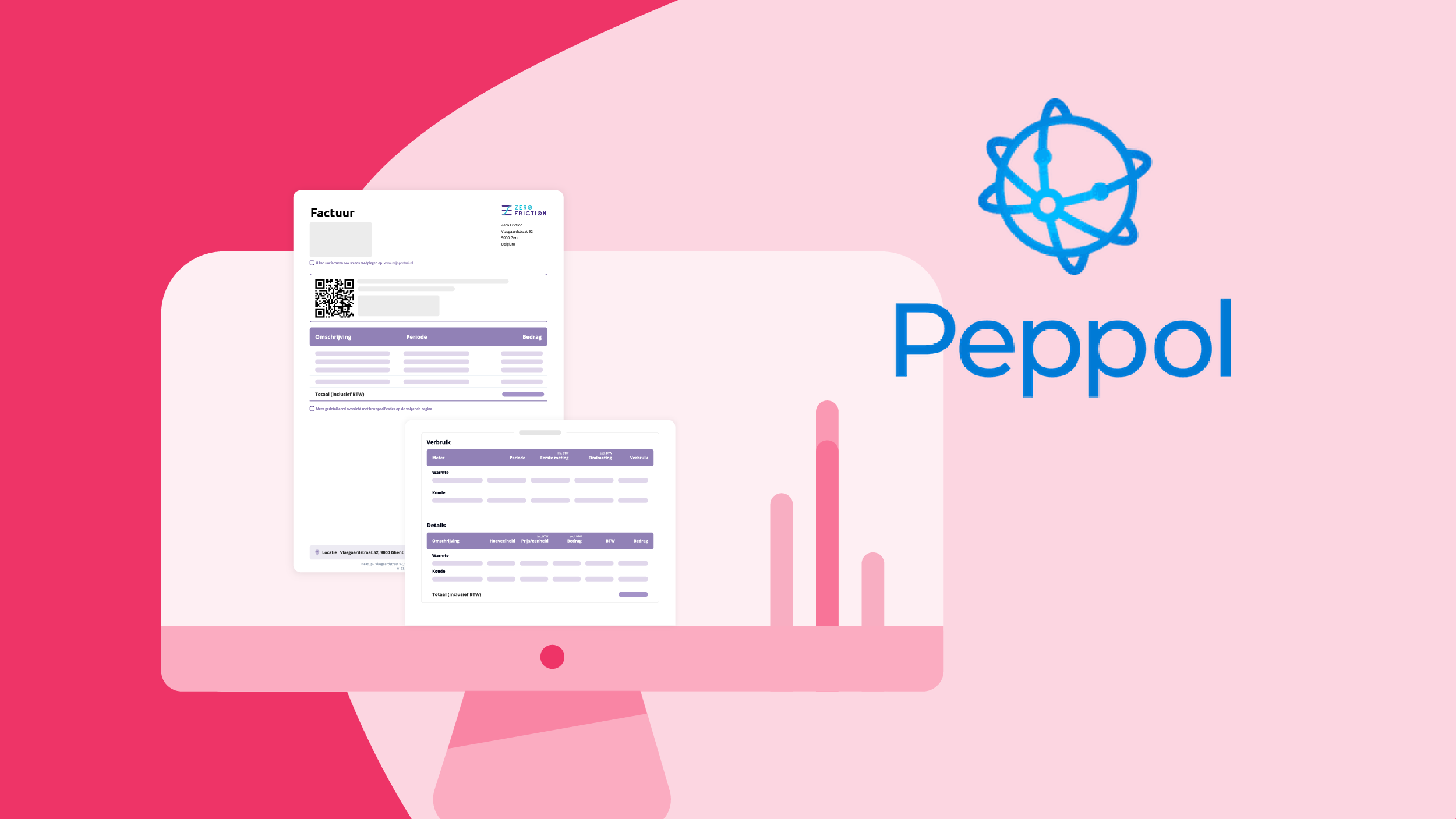Understanding UK Consumer Protection Laws: How they impact your heating and cooling service
Get an overview on the UK consumer protection laws and learn how it brings more value than just avoiding legal issues.

When you purchase a product or service in the UK, consumer protection laws are in place to make sure customers are treated fairly and shielded from issues like fraud or data misuse. For heating and cooling suppliers, these laws add an extra layer of responsibility, ensuring that customers are well-informed and secure. Here’s a quick overview of the essentials in UK consumer protection and how it might relate to your heating and cooling services.
What does UK consumer protection focus on?
In the UK, consumer protection laws are comprehensive, focusing on three key areas:

1. Clear and honest information: Suppliers must provide accurate, clear information about the services they offer. This is especially crucial in the heating and cooling sector, where technical terms or complex billing processes might confuse consumers. By ensuring clarity, customers can feel confident that they understand what they’re getting into.

2. Fair contracts: Any contract or agreement made with consumers needs to be straightforward and balanced. The goal here is to protect customers from hidden fees, unfair clauses, or overly complex terms, which is especially important in services that involve long-term agreements, like heating subscriptions.

3. Resolution of disputes: If something goes wrong, consumer laws outline how disputes should be handled. This could involve refunds, replacements, or repairs, and it ensures that customers are able to resolve issues with the service provider.
The Role of the 2015 Consumer Rights Act
The Consumer Rights Act of 2015 is a key piece of legislation that defines what consumers can expect regarding product quality and services. However, for this quick overview, we’ll focus on the impact this has on customer trust and service quality without diving into legal specifics.
Why it matters for heating and cooling services
Heating services are vital for everyday comfort, and customers expect reliability and transparency from their providers. With clear consumer protection laws in place, heat service suppliers are motivated to maintain high standards and transparency. For instance, suppliers are encouraged to offer clear billing, explain the details of energy usage, and ensure customers have control over their service terms.
Building trust through compliance
Complying with consumer protection laws isn’t just about avoiding legal issues—it’s about building trust. When suppliers go the extra mile to be transparent and fair, customers feel valued and secure. At Zero Friction, we work to give heat suppliers the tools and support they need to adhere to these standards, making sure that billing is straightforward and that customer satisfaction is a priority.
By fostering transparency and trust, consumer protection laws help ensure that everyone—suppliers and customers alike—can navigate the heating sector confidently and positively.
You might also like...

Peppol e-invoicing: what is it, who is it for, and how does Zero Friction make it super easy-breezy?
Digitalization in the energy world is moving at lightning speed. More and more heat suppliers are switching to e-invoicing via Peppol. But… what exactly is Peppol? And how do we make sure you hardly need to worry about it? In this blog, we'll explain it simply. 😉

Zero Friction & Chorus Pro: ready for B2B electronic invoicing requirement 2026
Zero Friction helps heat suppliers to invoice effortlessly, including to public administrations, and with the upcoming legislative changes, this help becomes even more valuable. Below, you'll discover what changes from 2026, why it's important for heat service providers, and how Zero Friction helps you stay compliant while achieving significant operational gains.

District heating: the key to a climate-neutral Europe
Europe has set itself a bold challenge: to be climate-neutral by 2050. This isn’t just an ambition, it’s written into the European Climate Law. And the short-term goals are just as ambitious: a 55% reduction in greenhouse gas emissions by 2030, as part of the Fit for 55 package.

